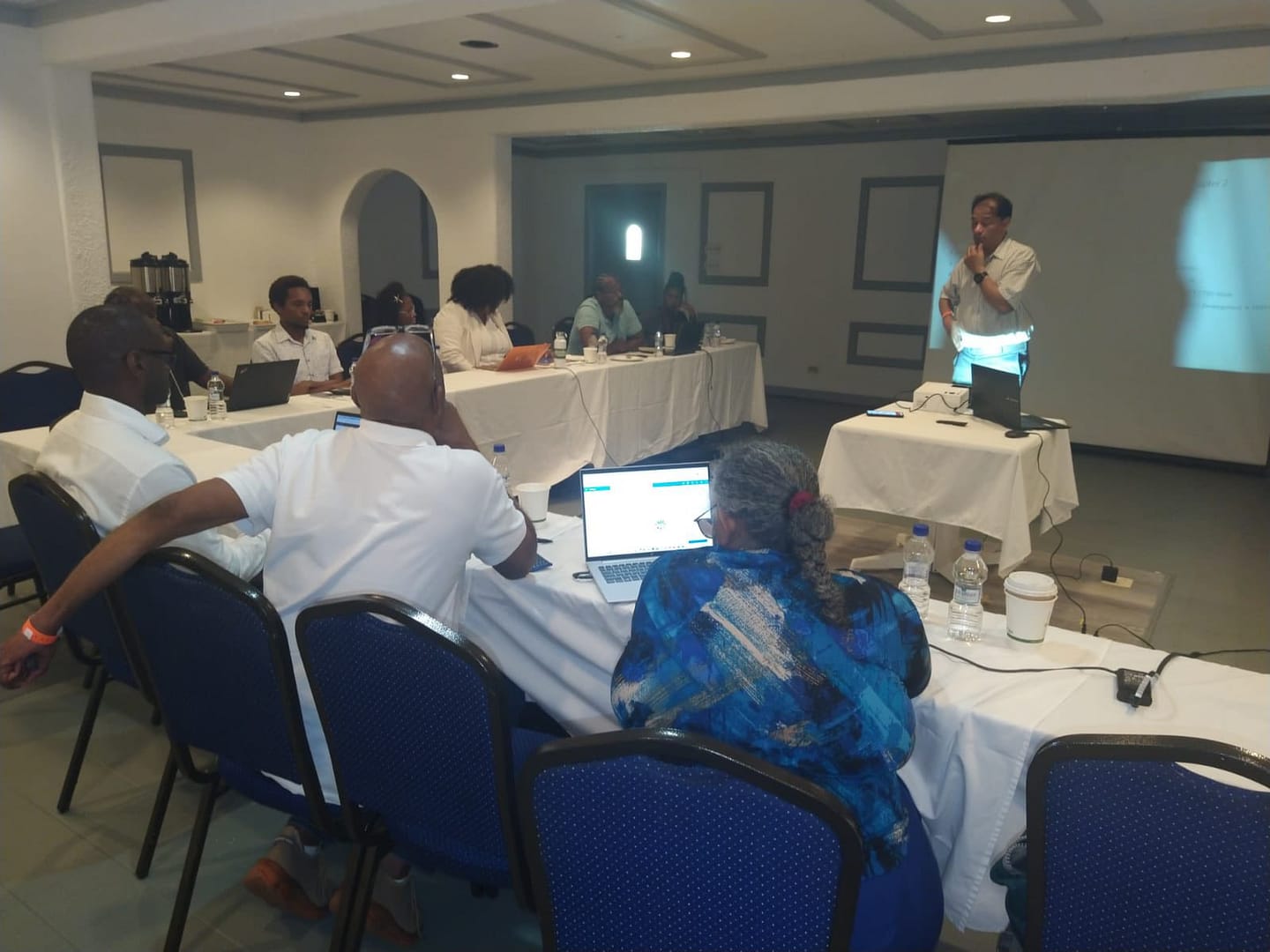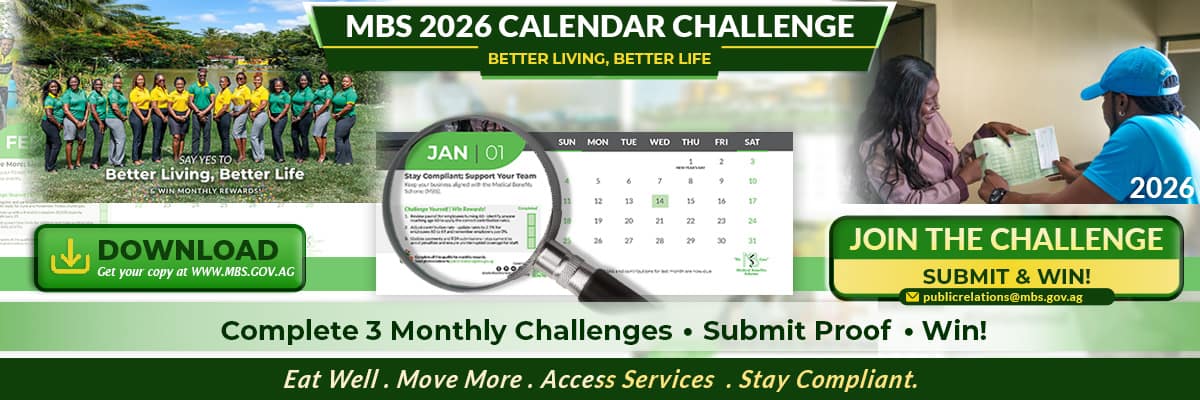
By Brent Simon & Carol-Faye Bynoe-George
The Fisheries Division within the Ministry of Agriculture, Fisheries and the Blue Economy, in collaboration with IUCN (International Union for Conservation on Nature), hosted a work session under the theme “Wise Use of Caribbean Wetlands for Climate Change Mitigation and Conservation of their Ecosystem Services”.
Today, August 28th opened a national workshop on Wetland Vulnerability Assessment and Site ( Largoon) at the Jolly Beach Resort.
The two-day workshop, will be taking place on August 28–29, and brings together government officials, conservation experts, site managers, local NGOs, and key community stakeholders.
Its primary focus is to finalize the climate change vulnerability assessment of Codrington Lagoon—Antigua and Barbuda’s designated Ramsar site—and to identify priority adaptation measures for its protection.
The Ramsar Convention is an international environmental treaty named after Ramsar, Iran.
It was signed there in 1971 to promote the conservation and sustainable use of wetlands worldwide.
Ramsar Convention is also known as the Convention on Wetlands, it provides a framework for countries to protect wetlands by designating them as “Ramsar Sites” of international importance, implementing management plans, and cooperating on transboundary wetland issues.

Its scope has broadened from a focus on waterfowl to the holistic conservation of all wetlands, which are vital for ecosystem services like water purification, flood control, and carbon storage.
The Codrington Lagoon National Park located in Barbuda is the only RAMSAR site in Antigua and Barbuda.
These sites are of international significance and support unusual or unique habitats, habitants and or services such as home for particular flora or fauna like the Barbuda Wabler and home for the largest colony of frigate birds in this region.
Additionally, wetlands provide shoreline protection, support livelihoods, act as biodiversity hotspots, and store significant amounts of carbon. Yet they remain among the most vulnerable ecosystems to the impacts of Climate Change.
Led by consultant Gabriel Origel, the first day session include a review of vulnerability assessment tools and the national vulnerability matrix, as well as group work on prioritizing adaptation measures and actions. Participants will validate the findings of earlier assessments conducted this year and set the stage for long-term management planning.
Tomorrow’s sessions will expand on this work, introducing the methodology for wetland prioritization, comparing case studies such as Codrington Lagoon and Levera Pond, and validating draft outputs including a monitoring plan for Codrington Lagoon and a national capacity development plan for effective wetland management. Facilitator Zoya Buckmire will guide the final session on monitoring and capacity development.
The outcomes of this workshop are expected to strengthen Antigua and Barbuda’s commitments under the Ramsar Convention and ensure that wetland management is mainstreamed into national climate change adaptation strategies.
Advertise with the mоѕt vіѕіtеd nеwѕ ѕіtе іn Antigua!
We offer fully customizable and flexible digital marketing packages.
Contact us at [email protected]















